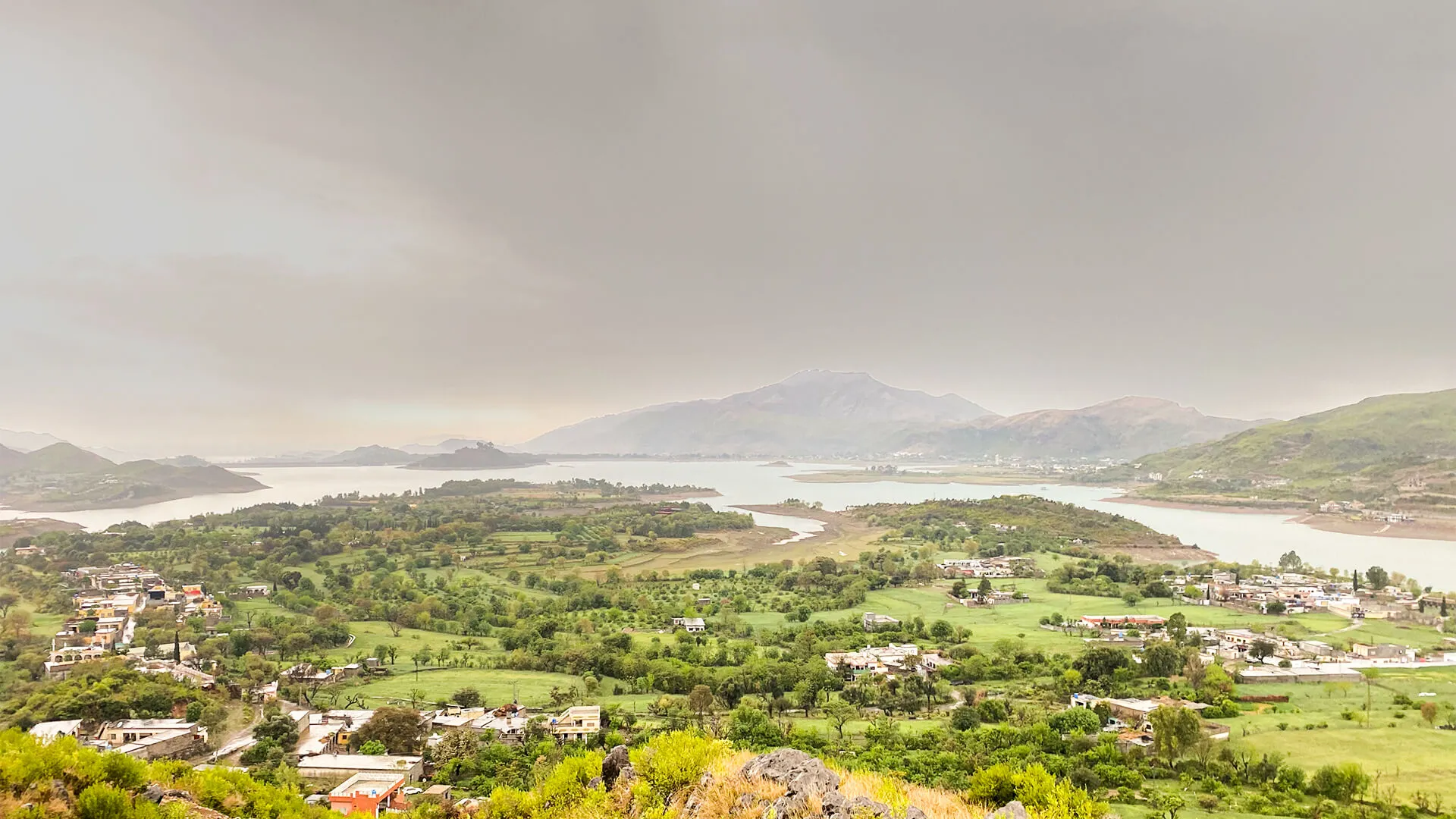A number of causes, including Pakistan’s fast industrialization, urbanization, and deforestation, are contributing to the country’s dire environmental situation. The quality of the nation’s water and air is declining, and the rate at which natural resources are being drained is concerning. The problem is getting worse due to climate change, as there are more frequent and severe heat waves, droughts, and floods. Pakistan must take significant action in order to become clean and green.
Not only is the environment being impacted by these problems, but millions of people’s livelihoods and health are also at risk. Environmental degradation is also a result of improper waste management and sewage systems, as well as population growth. Before it’s too late, the government and the people must act quickly to confront this situation.
Below, Lakeshore City lists a few actions that can be made to make Pakistan cleaner and more environmentally friendly.
Major Environmental Problems Faced by Pakistan
Pakistan is facing several major environmental problems, which include:
Air Pollution


Pakistan’s growing urbanization and industrialization have resulted in significant levels of air pollution, particularly haze in major cities like Karachi, Lahore, and Islamabad. The primary causes of air pollution are industrial emissions and the burning of fossil fuels.
Water Pollution
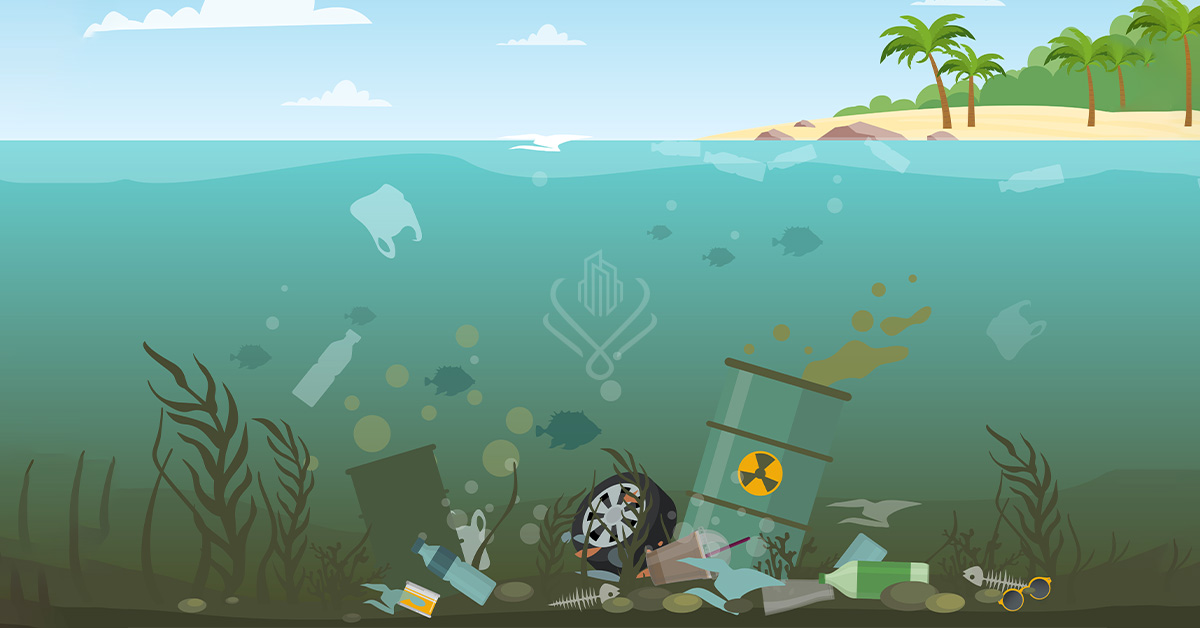

Water contamination is a common issue in Pakistan due to inadequate waste management and sanitation infrastructure. The nation’s rivers, lakes, coastal regions, and drinking water are all impacted by water pollution, which is mostly caused by industrial effluents and agricultural runoff.
Deforestation


Deforestation in Pakistan has increased significantly in recent years, resulting in biodiversity loss, soil erosion, and a decreased capacity to absorb carbon dioxide. The primary causes of deforestation are illegal logging and the conversion of forests to agricultural land.
Climate Change


Pakistan is especially susceptible to the effects of climate change, which include a rise in the frequency of extreme weather events like droughts and floods as well as the melting of the Himalayan glaciers. The nation’s infrastructure, water resources, and agricultural output are all susceptible to major impacts from these occurrences.
Solid Waste Management
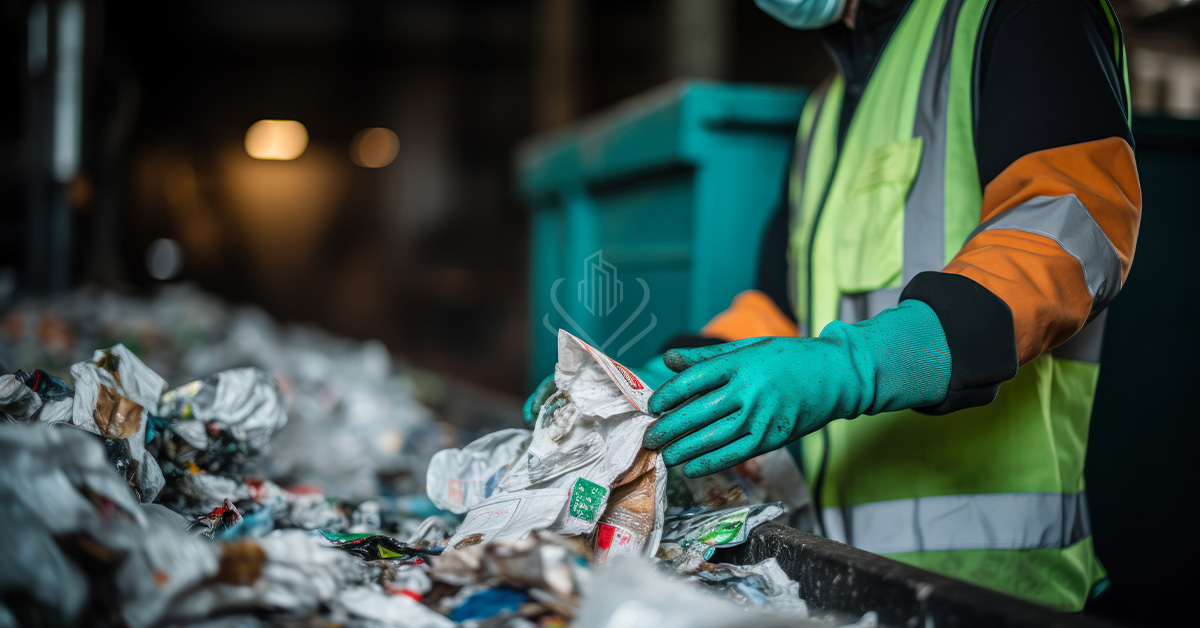

Pakistan is now dealing with a serious solid waste management challenge. The big cities generate enormous amounts of waste every day, but it is hard to manage because of the poor infrastructure and improper disposal methods.
Over-Exploitation of Natural Resources
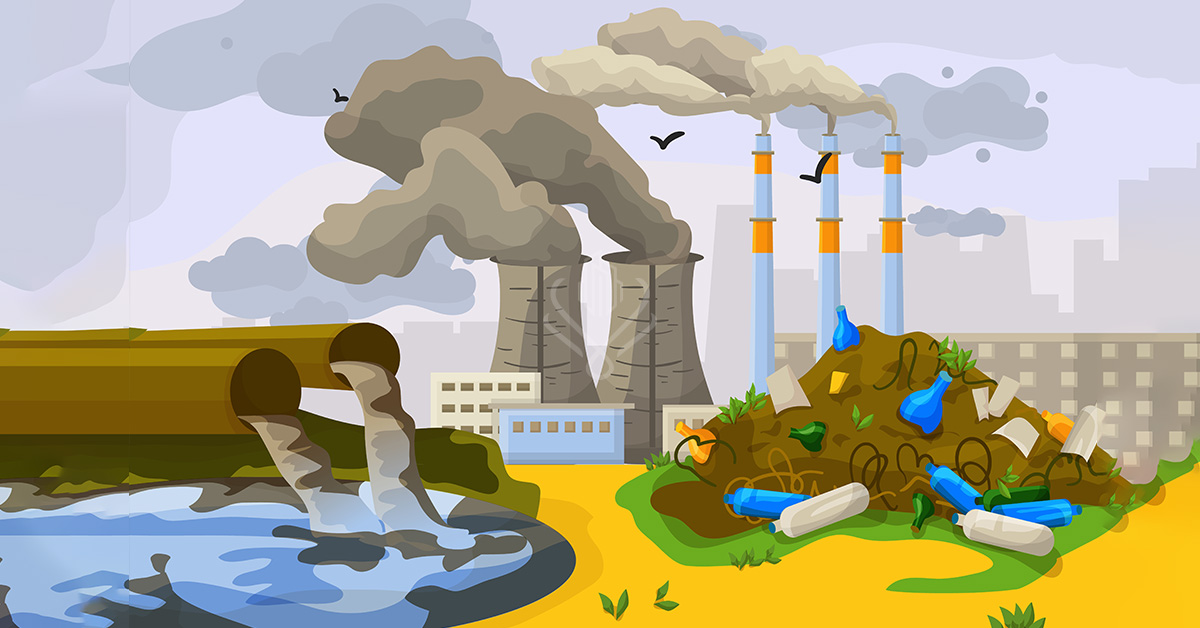

Pakistan’s natural resources, including its forests, minerals, and water, are being overused since there are few rules and oversight. This has produced environmental damage in addition to the depletion of these resources.
Important Steps to Achieve a Clean and Green Pakistan
Several crucial measures can be implemented to mitigate Pakistan’s environmental issues, including the following:
Implement Stricter Regulations and Enforce Laws
Pakistan’s government needs to impose more stringent regulations on deforestation and pollution. This can involve harsher guidelines for garbage disposal and industrial operations, as well as fines for businesses and individuals who break laws and regulations. In order to keep an eye on and implement these rules, the government needs also make the required infrastructure and technological investments.
Invest in Clean Energy and Sustainable Industrial Practices


Encourage the advancement of sustainable industrial and agricultural practices as well as the development of renewable energy sources like wind and solar power. This can lessen the nation’s reliance on costly and environmentally harmful energy sources and the quantity of pollution that comes from burning fossil fuels. Companies should be given incentives by the government to switch to renewable energy sources.
Reforestation and Conservation of Natural Ecosystems


Because to industrialization, urbanization, and deforestation, Pakistan has lost a significant portion of its forest cover. In addition to protecting crucial wildlife habitats, reforestation projects can aid in the restoration of this lost forest cover. To preserve and rebuild natural ecosystems, the government should fund reforestation initiatives and collaborate with nearby communities.
Improve Waste Management and Sewage Systems
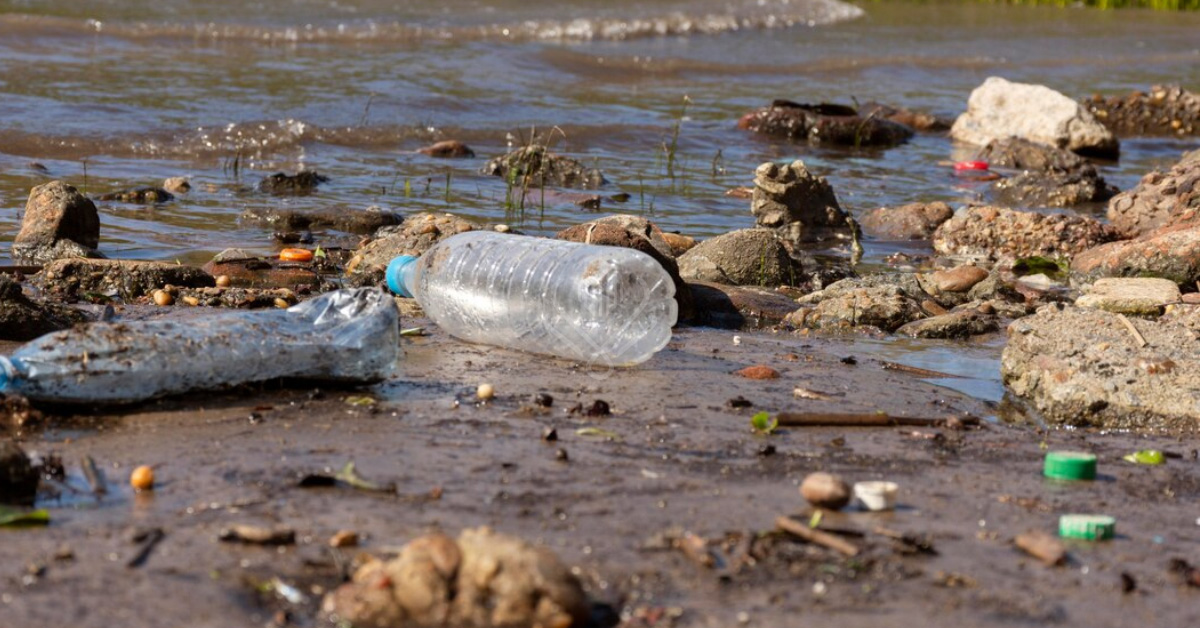

Enhancing the sewage and waste management systems can aid in lowering pollution and enhancing public health. To lessen the quantity of waste that ends up in landfills, the government should invest in modernizing and enlarging sewage and waste management systems as well as encouraging recycling and composting.
Education and Awareness For Clean and Green Pakistan


Public education on environmental concerns, including the value of conservation and sustainable practices as well as the detrimental effects of pollution and deforestation, can be accomplished through education and awareness campaigns. Campaigns to increase public understanding of environmental challenges and the value of environmental protection should be started by the government.
Encourage Community-Based Conservation Efforts


Encourage and assist nearby communities in their efforts to conserve their natural resources. This can guarantee that locals have a stake in the success of conservation efforts and that they are sustainable. Since local communities are the best guardians of their resources, conservation programs must involve them if they are to be successful.
Climate Change Adaptation and Mitigation | Clean and Green Pakistan


Pakistan is among the nations most susceptible to the effects of climate change, hence it is imperative that actions be taken to lessen and prepare for these effects. This can involve taking steps like encouraging sustainable urban planning, developing more resilient infrastructure, and cultivating crops resistant to drought. In order to comprehend the effects of climate change on the nation and create plans for adaptation, the government should fund study.
Pakistan’s National Environmental Protection Policy (NEPC)


It was last modified in 2012, and it was initially enacted in 1992. The nation’s natural resources, biodiversity, and general environment are all intended to be safeguarded and preserved by the policy. The following are the policy’s main goals:
- To provide a framework for integrated environmental management
- To promote sustainable development
- To improve the overall environmental quality of the country
- To ensure the participation of all stakeholders in environmental decision-making
- To provide a basis for the development of sectoral environmental policies
- The NEPC covers a wide range of issues, including air and water pollution, solid waste management, biodiversity conservation, and climate change. It also includes provisions for the establishment of an environmental management system, the creation of environmental protection zones, and the promotion of environmental education and public awareness.
The Ministry of Climate Change and its affiliated agencies, including the Pakistan Environmental Protection Agency, are responsible for implementing the New England Pass Code (NEPC). A number of laws and rules, such as the Pakistan Environmental Protection Act of 1997, also support the concept.
It is noteworthy, although, that the majority of the strategy has not been fully implemented, and that the primary causes for this are a lack of political will and financing.
What Can Pakistan Learn From the Modern Environment Protection Model of Singapore?
Pakistan may be able to establish and preserve a clean and green environment by studying Singapore’s extensive and successful environmental protection approach. Among the fundamental components of Singapore’s model are:
Strong Government Leadership and Coordination
The government of Singapore is a key player in organizing and carrying out environmental preservation initiatives across various departments and organizations. The primary government organization in charge of environmental protection in Singapore is the National Environment Agency (NEA). It develops and implements policies and programs targeted at lowering pollution and safeguarding the environment in close collaboration with other government departments and partners in the private sector.
Holistic Approach For Clean and Green Pakistan
Singapore has a comprehensive approach to environmental conservation, taking into account both the long-term sustainability of the environment and the links between various environmental challenges. To guarantee that the nation has a dependable and sustainable water supply while also safeguarding the environment, its water management strategy, for instance, tackles the interconnected problems of water supply, water quality, and flood management.
Emphasis on Innovation and Technology
Utilizing innovation and technology to enhance environmental performance and lower pollution levels is highly valued in Singapore. The nation has made significant investments in R&D in fields including waste management, recycling, and clean energy. Through a number of government initiatives and incentives, it also promotes private sector investment in environmental technology and innovation.
Use of Market-Based Mechanisms
Singapore employs a range of market-based strategies, including carbon trading, to encourage companies and people to lessen their environmental effect. For instance, it has a Green Energy Fund that provides money for renewable energy initiatives and a Carbon Tax that levies a fee on major greenhouse gas polluters.
Public Education and Engagement
Singapore uses outreach and education initiatives to include the public in environmental conservation. To encourage environmental preservation and sustainable living, public awareness campaigns and educational initiatives are frequently carried out by the government, nonprofit organizations, and businesses.
International Cooperation For Clean and Green Pakistan
Singapore actively engages in global environmental accords and partnerships in order to exchange knowledge and experience with other nations. It is a signatory to the Stockholm Convention on Persistent Organic Pollutants, the Convention on Biological Diversity, and the United Nations Framework Convention on Climate Change. Additionally, Singapore collaborates with other nations on issues including waste management, water management, and air pollution control.


It is noteworthy that the social, economic, and political settings of Singapore and Pakistan differ, making it unlikely that Pakistan can immediately adopt Singapore’s model.
Pakistan has a serious environmental situation that needs to be addressed right away. Before it’s too late, the government and the people must act quickly to confront this situation. It is necessary to take a comprehensive strategy that includes legislative actions, financial support for sustainable and renewable energy projects, conservation initiatives, and public awareness and education campaigns.
Since local communities and stakeholders are the ones who will be most impacted and have a significant role to play in environmental protection, it is imperative that they be included in the process.
For more information on how to build a clean and green Pakistan, visit Lakeshore City blog.
Our Featured Article:
Read More: Promoting Responsible Tourism in Pakistan’s North
Don’t miss the chance to invest with Lakeshore! Secure your investment today by investing your financial investment with Lakeshore in the following available options like Lakeshore City, Lakeshore Club, and Lakeshore Farms.
For More updates, please Contact +92 335 7775253 or visit our website https://lakeshorecity.com/
Lakeshore City is the upcoming elite lifestyle at Khanpur Dam. Offering no parallel amenities for the members and owners of distinguished farmhouses.
Become Part of Luxurious Lifestyle
Contact: 0335 7775253



